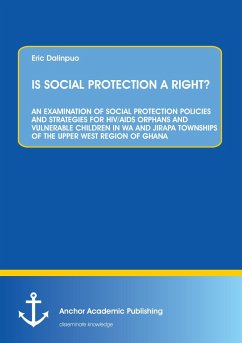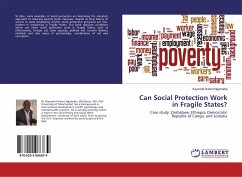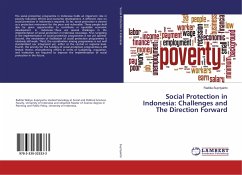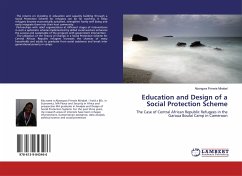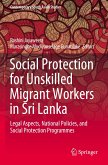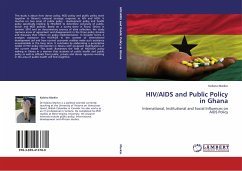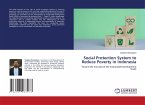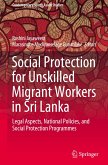Social protection involves choices about whether the core principle behind social provisioning will be universal or selective through targeting. Extreme poverty is regarded as the world's greatest human rights issue. The UN Universal Declaration of Human Rights starts from the idea that all human beings are born free and equal in status and rights. Under the international human rights law, States are legally obligated to establish social protection systems for their citizens, especially the vulnerable and at risk. Social protection in Ghana assumes three main targets for poverty reduction; the first target looks at labour market interventions in terms of employment services, job training, and direct employment generation. The second target deals with social insurance that targets risk mitigation, disability, ill health, old age, health insurance, and the third target is social assistance that provides welfare and social services, cash or in-kind transfers, and subsidies. The interventions under these targets are either universal or targeted.
This study is concerned with the right base of social protection for OVC and examines the impact and challenges of some social protection interventions. For this purpose, three categories of participants made up of 53 OVC, Caregivers, SP interventions and institutions as well as Non-Governmental Organisations (NGO) were selected across the two townships of Wa and Jirapa for the study through systematic random sampling. Close ended questionnaires were administered to the OVC and their care-givers, while open ended questionnaires were administered to managers of some selected SP interventions, SP institutions and NGOs. Cross-sectional design was used and purposive sampling technique was employed to sample out the two townships. Methodologically, the study applies qualitative and quantitative instruments of data collection.
This study is concerned with the right base of social protection for OVC and examines the impact and challenges of some social protection interventions. For this purpose, three categories of participants made up of 53 OVC, Caregivers, SP interventions and institutions as well as Non-Governmental Organisations (NGO) were selected across the two townships of Wa and Jirapa for the study through systematic random sampling. Close ended questionnaires were administered to the OVC and their care-givers, while open ended questionnaires were administered to managers of some selected SP interventions, SP institutions and NGOs. Cross-sectional design was used and purposive sampling technique was employed to sample out the two townships. Methodologically, the study applies qualitative and quantitative instruments of data collection.

